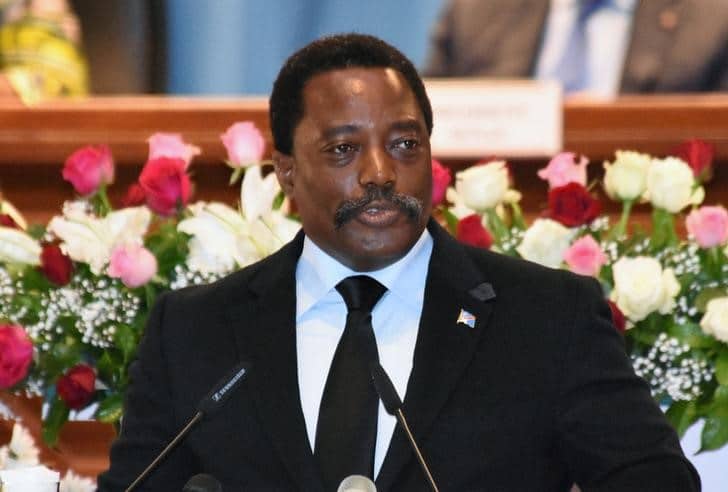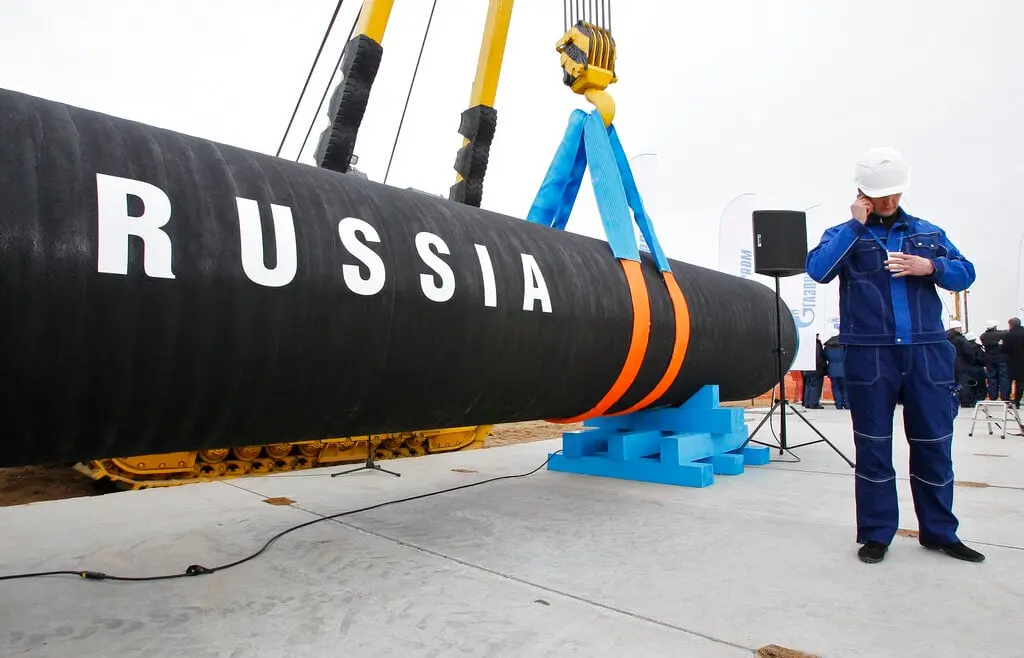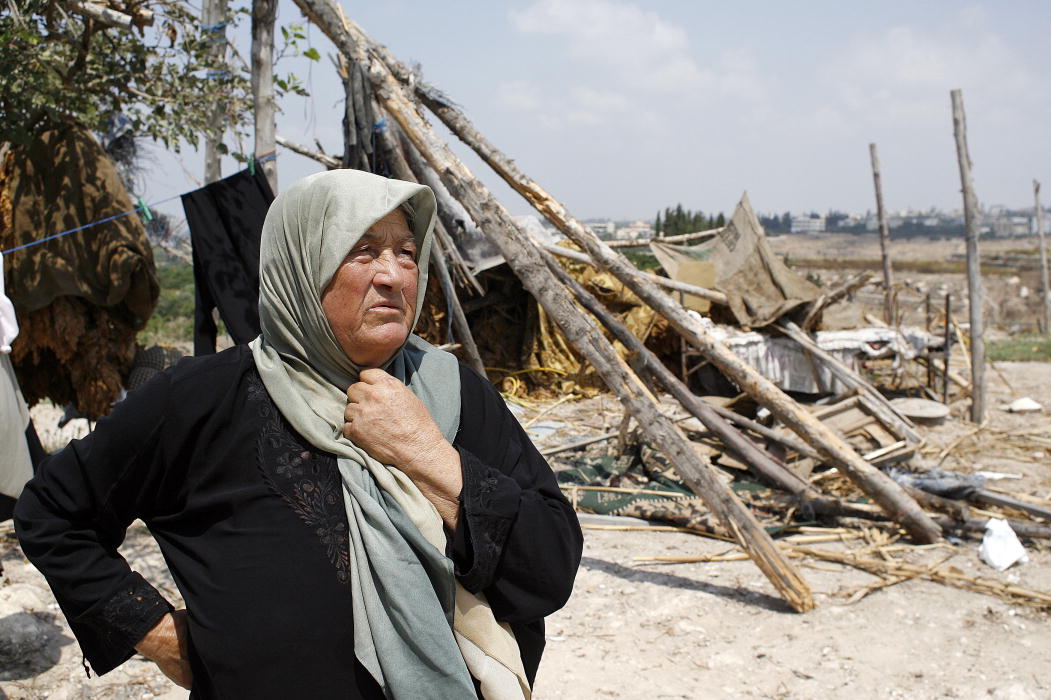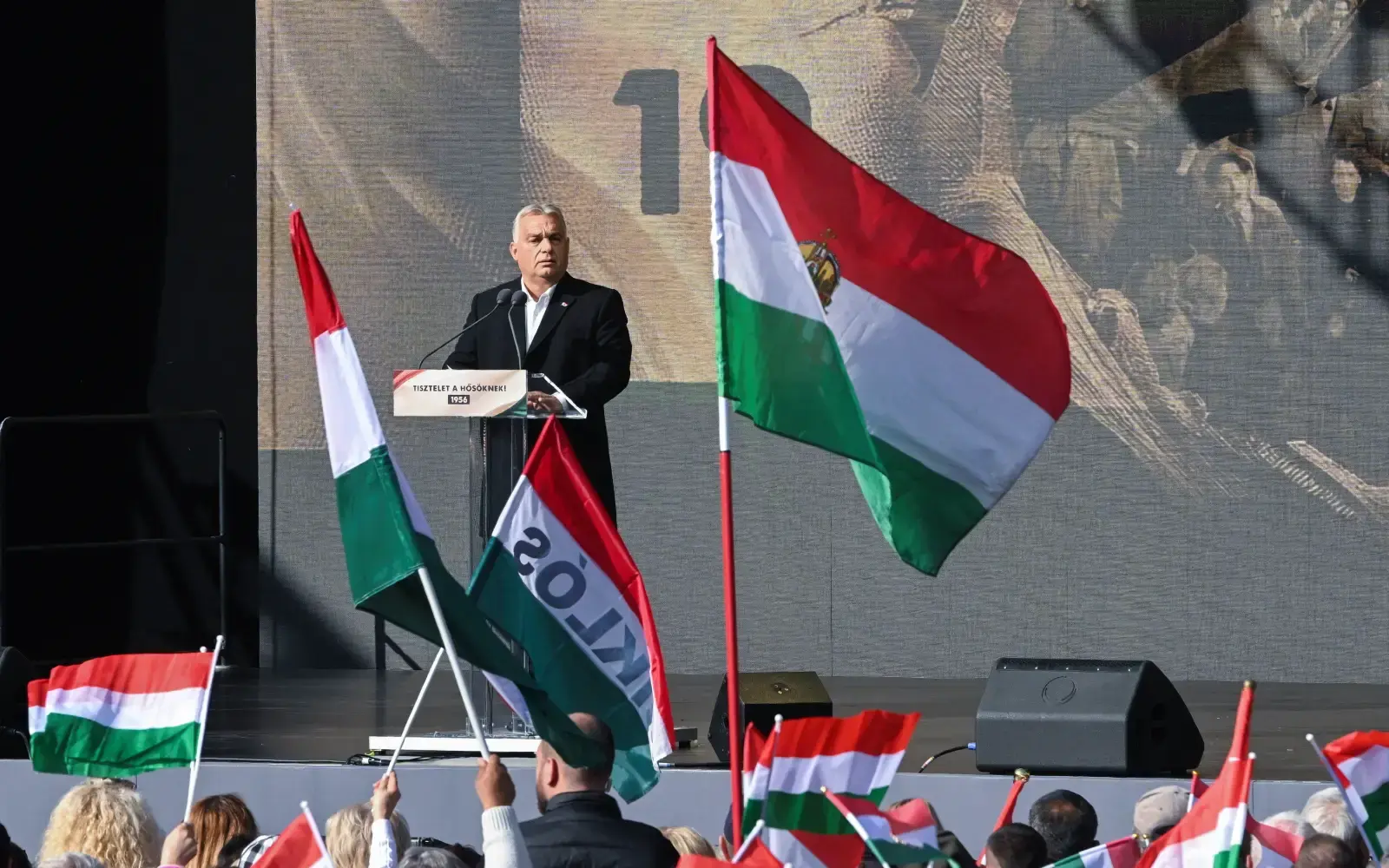This Friday, 26 January, Humanity House in The Hague will host a political café in response to the political situation in the Democratic Republic of Congo. Among other things, we will talk about the question of the (un)usefulness of elections. Would you like to know more about this? Then sign up now via: https://www.humanityhouse.org/agenda/onzin-verkiezingen-congo/.
What problems are actually playing out in the country? Over the past year, the people of the Democratic Republic of Congo have seen their country slowly slip through political unrest, disease and natural disasters. For months, opponents of current Congolese President Joseph Kabila have been demonstrating against his rule. The president has been in power since 2001 and refuses to step down, even though his term already ended in December 2016. On New Year's Eve, a protest was crackdown by the regime, killing seven people and arresting some 120 others. Internet and telephone services had been cut off beforehand. According to the government, security forces did have to crack down because there were criminals among the crowd. On 14 January, new protests took place in several cities, including the Congolese capital Kinshasa.
Political instability
When his second term ended, Kabila promised to hold presidential elections before the end of 2017. Supervised by the Congolese church community, that promise was enshrined in a political agreement (the St Sylvester Agreement) signed by Kabila and the opposition parties. In November, however, the government announced that the elections could not be called because of administrative problems and unrest in various parts of the country. The elections are now scheduled for 23 December 2018, some two years after Kabila should have actually made way for his successor. There are rumours that he will try to change the constitution this year, as it stipulates that a president can only stay in power for 10 years (two consecutive five-year terms). Previous attempts to do so, in 2014 and 2015, failed. Right now, gaining time is the only strategy that works for Kabila, according to political analyst Kris Berwouts.
On the question of what role Kabila should have in the future, the government is divided. Congo's largest opposition bloc (Rassemblement) has called on Kabila to resign immediately and call elections. ''This guy doesn't like Congo. This guy has nothing to do with Congo and his time is up,'' said Martin Fayulu, one of the opposition leaders. The Front for Respecting the Constitution (FRC), a coalition of political and civil society organisations, accuses the current government of disregarding the St Sylvester Agreement. United Nations Secretary-General António Guterres has also called on Kabila to resign peacefully. He is also urging all parties involved ''to remain fully committed to the 31 December 2016 political agreement, which remains the only viable path to the holding of elections, the peaceful transfer of power and the consolidation of stability.''
Many opponents of the government are finding support from the Catholic Church in Congo, which now has more than 14 million members. They believe the church can play an important role in putting pressure on the government to call elections. Many of the protests against Kabila are therefore organised by the church itself, although some political analysts believe that the church is overplaying its hand in doing so.
Disease and floods
Besides political unrest, cholera also broke out in Congo last July - the worst epidemic in 20 years according to the World Health Organisation (WHO). The disease has already claimed some 1,190 victims. While cholera is relatively easy to control, poor sanitation and lack of clean drinking water make its eradication a lot more difficult. The deteriorating political climate does not make the situation any easier: the political crisis means aid workers have limited access to some regions.
''In previous weeks, we recorded around 20 cases on average. Right now, we're getting more than 100 cases each week. In Kinshasa, more than 450 [cases] have been registered,'' says Jean Liyolongo of Médecins Sans Frontières (MSF). A total of 55,000 cases of cholera have already been reported.
On top of the cholera outbreak, the Funa district in Kinshasa, Congo's capital, has now also been ravaged by heavy rain, which has turned the ground into a huge mass of mud, sinking roads and toppling walls of houses and buildings. The rain has turned the already poor infrastructure in the capital Kinshasa into a mess. Moreover, last week's heavy rain again increases the chances that the cholera epidemic could spread further in the country. At least 45 people died in Kinshasa as a result of the mudslides. Some 5,000 people have been left homeless, according to the local branch of the Red Cross.
The rain will most likely continue for the next three months, at least as long as the rainy season lasts. Last September, heavy downpours also hit other parts of the country. There were 10 deaths then, after a river burst its banks. 92 people also went missing.
Meanwhile, the government does not seem to be doing much to improve the situation, something that angers many Congolese. However, the government points to other culprits and says the floods are due to illegal settlements, which block proper drainage of rain.
A year of prosperity?
The question is whether this new year will bring change for the Congolese people. Congolese outside the country's largest cities have seen little improvement in their living conditions in the 20 years since the death of dictator Mobutu Seko, according to political analyst Kris Berwouts. The opposition seems divided and not strong enough to bring about change. ''You have a divided regime and you have a population which wants to get rid of Kabila, and between that, you have a number of actors which struggle with their own legitimacy,'' Berwouts explains. Many Congolese have also had to leave their homes behind due to the ongoing violence. Kabila's refusal to step down is also fuelling new waves of violence, especially in regions where several militias are hiding, such as the North Kivu province that borders Uganda and Rwanda. Here, 15 UN soldiers from Tanzania were recently killed by the Islamist rebel group AFD.
Is your interest piqued after reading this article and would you like to have a say in the future of Congo? Then come to the political café 'What is the (in)sense of elections in Congo?' organised by the Foundation Max van der Stoel (FMS) and talk with Nadia Nsayi, Alphonse Muambi, Angelique Mbundu and Badi, among others.
The event will take place on Friday evening 26 January at 20:00 (19:30 walk-in) at Humanity House (Prinsegracht 8) in The Hague.
Sign up for this via: https://www.humanityhouse.org/agenda/onzin-verkiezingen-congo/.





